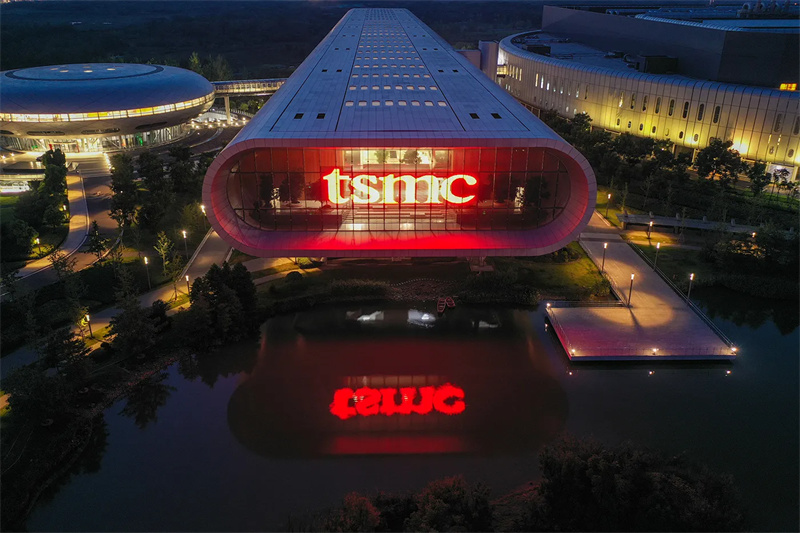Taiwan Semiconductor Manufacturing Company (TSMC) has announced a delay in the opening ceremony for its Arizona-based Fab 21, a key facility for its U.S. operations. Originally scheduled for December 6, the event has now been postponed until late January or February 2025, after the inauguration of President-elect Donald Trump. This means the ceremony will likely not be attended by current U.S. President Joe Biden or members of his administration.
The decision to delay comes amid TSMC's ongoing investment in the Arizona campus, where it plans to spend approximately $65 billion across three phases. The company has already received $6.6 billion in subsidies and $5 billion in loans under the U.S. CHIPS and Science Act, which aims to strengthen the U.S. semiconductor industry. TSMC's first phase, already producing processors for Apple with 4nm/5nm technology, is expected to begin serving U.S. clients in 2025. Phase 2, which will produce chips at 3nm or even 2nm nodes, is slated for completion by 2027 or 2028.
TSMC's delay in the opening ceremony is viewed as a strategic move given concerns about the changing political landscape. With Trump taking office in 2025, the company is anticipating a more stringent approach from the new administration, potentially leading to pressure for increased U.S. commitments and adjustments to existing subsidies. Despite these uncertainties, TSMC remains in a strong position due to its dominant market share in advanced chip manufacturing, which American companies heavily rely on.
In addition to its strategic challenges, TSMC is facing legal trouble in the U.S. A discrimination lawsuit filed by Deborah Howington, a former talent acquisition director, alleges that TSMC's U.S. operations have discriminated against non-Taiwanese employees, including U.S. citizens. Howington claims that non-Taiwanese employees were subjected to stricter scrutiny compared to their Taiwanese counterparts. Several former employees have joined the lawsuit, which contends that TSMC's HR practices favored Taiwanese nationals, even when no open roles were available. The lawsuit also alleges that language preferences for Mandarin were used to exclude non-Taiwanese workers and hinder their career advancement.

TSMC, which is receiving substantial financial support from the U.S. government, has denied the allegations. The company emphasized its commitment to diversity and equal opportunity in hiring practices. Despite this, the lawsuit could have broader implications for TSMC's relationship with U.S. workers and its ongoing operations in the country.

As TSMC navigates these challenges, the future of its U.S. operations remains uncertain, especially as the political and legal landscape shifts. With Trump's return to the White House in January 2025, the company could face further scrutiny and adjustments to its U.S. strategy, particularly as the CHIPS Act continues to evolve under the new administration.
+86 191 9627 2716
+86 181 7379 0595
8:30 a.m. to 5:30 p.m., Monday to Friday
